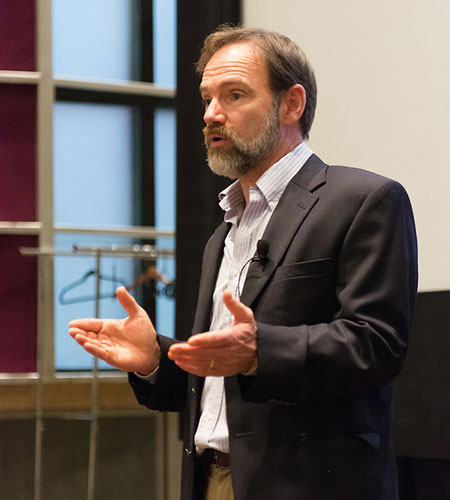 The Philadelphia Inquirer, By Joel Feldman*
The Philadelphia Inquirer, By Joel Feldman*
Posted: Friday, January 23, 2015, 3:01 AM
This story has gotten an incredible amount of media attention, with some people commenting that the police officer went too far. Many of us eat while driving, they argue, and police officiers should have more important things to do.
But here’s the question to keep in mind:
Was the driver given a ticket for eating or was he given a ticket for eating in a way that made his driving unsafe?
The Georgia distracted-driving law states:
“A driver shall exercise due care in operating a motor vehicle on the highways of this state and shall not engage in any actions which shall distract such driver from the safe operation of such vehicle.”
Many states prohibit specific types of distractions, including texting, using handheld portable electronic devices or handheld cellphones. These specific acts have been determined by some state legislatures to increase the risk of crashes and are therefore prohibited.
Legislators have made the judgment that engaging in those specific tasks would likely distract the driver from the safe operation of a vehicle, which is in essence what the Georgia statute prohibits, without identifying a specific act.
Georgia’s law is broadly worded, allowing police officers to use their discretion in deciding whether to issue tickets for distracted driving.
Presumably, in Turner’s case, the officer saw him doing something that indicated a level of distraction. That could have been lane wandering, taking his hands off the wheel, erratic speed, or frequently looking down and away from the road. None of us know except the driver and police officer, and those facts won’t come out until the court hearing, which is scheduled for Feb. 3.
Should the driver have gotten a ticket? I have no idea.
But I am thankful that the driver stopped at McDonald’s and chose to eat while driving, and that the police officer saw him doing so. I am thankful because of the attention the case brings to the issue of distracted driving, and the reminder that the problem isn’t limited to the use of cellphones. We need regular reminders about how to keep ourselves and our passengers safe while on the roads.
On July 17, 2009, my 21-year-old daughter, Casey, was killed in Ocean City, N.J., by a driver who took his eyes off the road while reaching for his GPS. She is just as dead as if the driver had been texting.
Since then, as founder of an organization focused on distracted driving, I have spent a lot of time talking to teens about this issue. The list of activities they see their moms and dads doing while driviing is virtually endless. It includes applying make-up, changing contact lenses, dressing or undressing, breastfeeding siblings, steering with their knees because their hands are full with papers, drinks, or food, eating cereal, waffles, and yogurt, and breaking up fights between kids in the backseat.
Clearly, this issue is not limited to texting or the use of cellphones. So let’s use the case of the cheeseburger-eating driver as a reminder that we can all be safer drivers, and that we should be setting a better example for our children.






